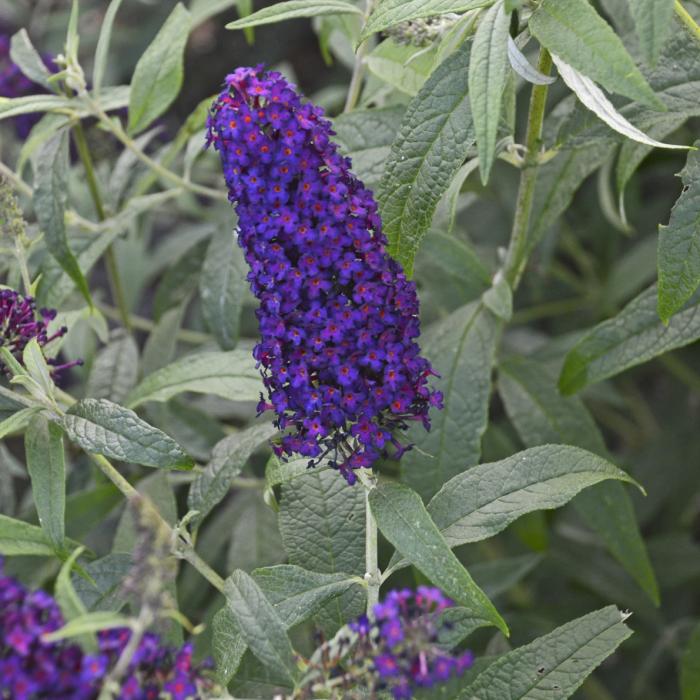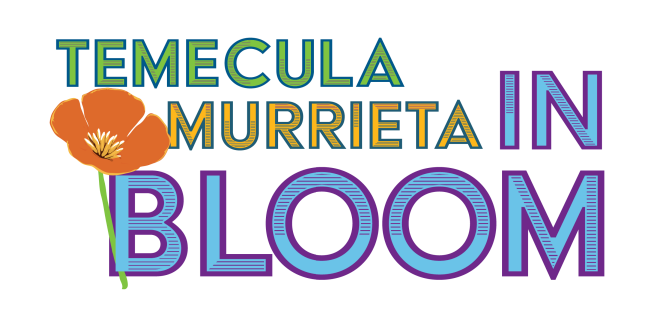Buddleia 'Dark Dynasty'
Dark Dynasty Butterfly Bush

Description
This compact new Buddleia fits easily into urban gardens with its densely compact, rounded habit. Unlike some other dwarf Buddleias that become very wide spreading, ‘Dark Dynasty’ keeps its composure as it ages, growing just 3’ tall and 3 ½’ wide in two years. Rich royal purple, fragrant flowers are borne on branched panicles from late summer into early fall, just in time to feed the migrating Monarchs passing through. Butterfly Bushes have certainly earned their place in the garden over the years, and its easy to see why. Just when we need a breath of fresh air in the late summer heat, they happily burst into bloom. At a time when many other plants are already spent, buddleias are just beginning their show. Their passive coloring and texture makes a wonderful backdrop for perennials, and you'll love the butterflies, bees, and hummingbirds that flock to their honey-scented blossoms. Buddleias should be planted in a full sun location with fertile, moist, well-drained soil. Studies have shown that adding lime to the soil will result in increased growth and better floral quality. They are also moderately drought tolerant once established. Since they frequently die all the way back to the ground in northern winters, it is best to cut back all of the old wood to about 12" in the spring. Doing so will result in more compact plants. They will quickly grow back to their normal height by fall and will flower just as prolifically in late summer since they bloom on new wood. You may notice that the flowers tend to be longer and deeper colored in cooler weather. Buddleias tend to break dormancy late in the spring, so don't worry if you don't see anything happening with them when your other shrubs start to leaf-out. These are very durable and reliable plants.
Sun
Full
Water
Low, Medium
Growth Rate
Fast
Soil Type
Sandy, Loam, Rocky
Soil Condition
Rich, Well-drained, Moist
Soil pH
Neutral, Basic
Adverse Factors
Attracts Bees
Water Saving Tip:
Change spray sprinklers to low-flow bubbler or drip systems. Shrubs and trees are ideal candidates for this type of irrigation because the water is applied directly to the root zones.

